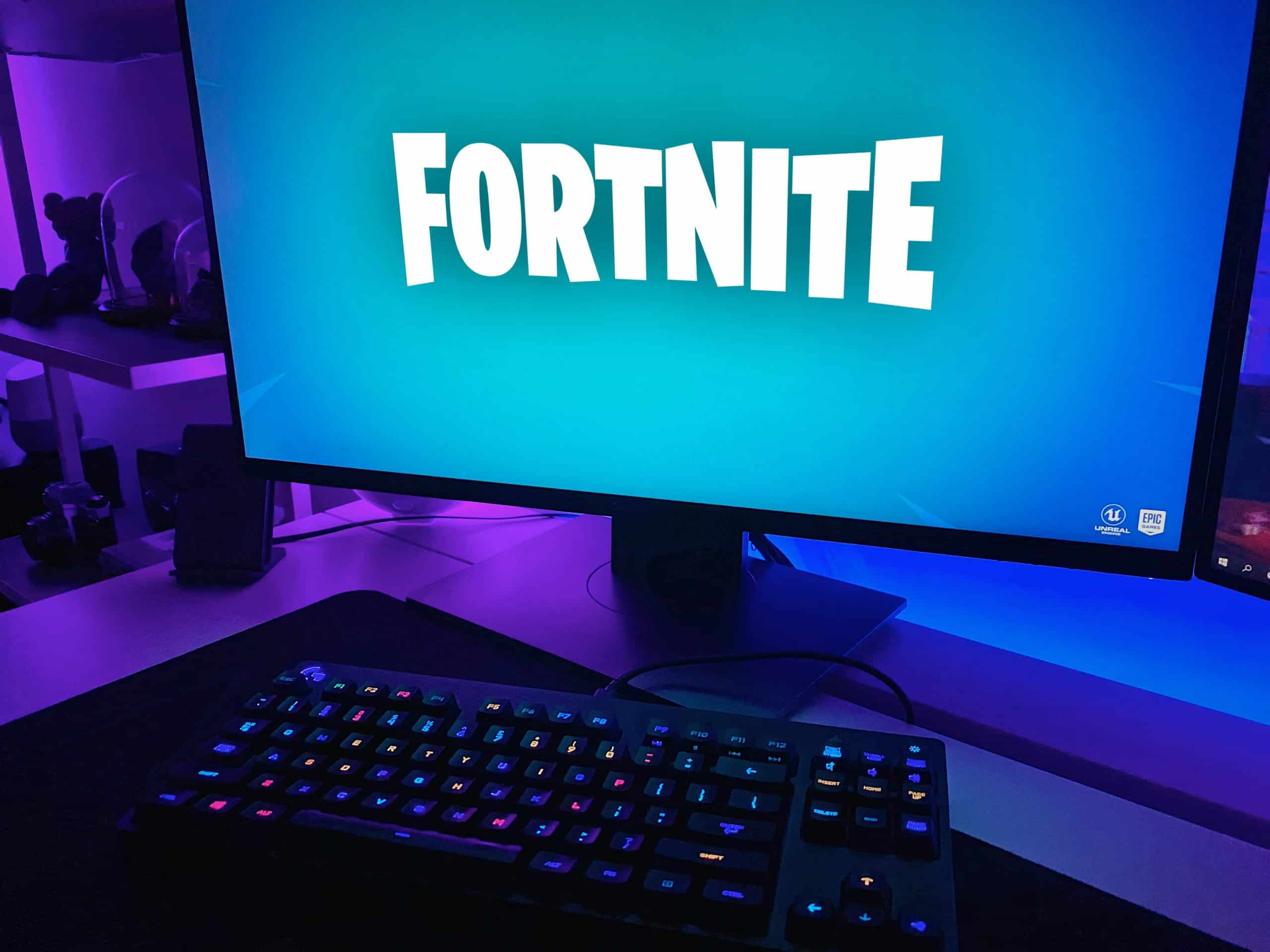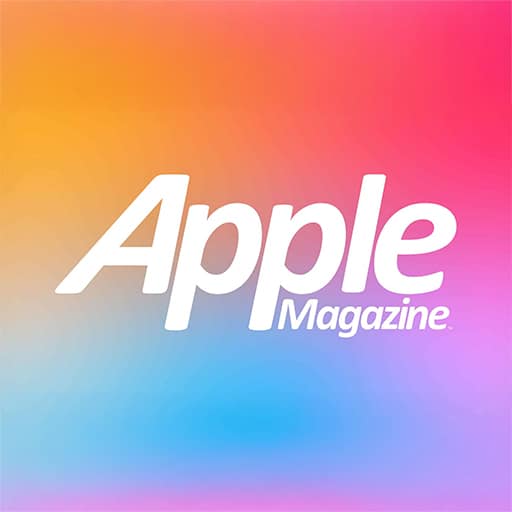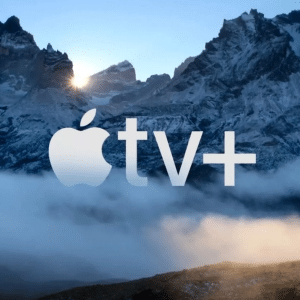Fortnite, one of the most popular battle royale games globally, was removed from Apple’s App Store in August 2020 due to Epic Games’ implementation of a direct payment system, circumventing Apple’s 30% commission fee. The legal battle that ensued between Apple and Epic Games saw Apple largely emerging victorious in the US. However, the new EU Digital Markets Act has provided an avenue for Fortnite’s return to iOS devices through alternative app stores like AltStore.
The AltStore Solution
AltStore, known for its distribution of Delta, a Nintendo emulator, is a third-party app store that allows users to install apps not available on the App Store without needing to jailbreak their devices. This platform has gained popularity for its innovative approach to app distribution and its commitment to providing developers with better deals than the traditional app stores.
EU Regulations & Digital Markets Act
The EU Digital Markets Act aims to increase competition and reduce the dominance of major tech companies like Apple and Google. It mandates the allowance of third-party app stores and sideloading on their devices, giving developers more freedom and reducing the monopoly on app distribution. This regulation has been instrumental in enabling Epic Games to bring Fortnite back to iPhones in the EU.
Epic Games plans to launch the Epic Games Store on iOS and Android devices later in 2024. However, the immediate focus is on distributing Fortnite through platforms like AltStore that offer more favorable terms to developers. By bypassing the traditional app store model, Epic Games aims to avoid the high commission fees and gain greater control over their distribution and monetization strategies.
The return of Fortnite to iOS devices via AltStore is expected to have a significant impact on the mobile gaming landscape. It sets a precedent for other game developers to explore alternative app distribution channels, potentially reducing the dominance of Apple and Google in the mobile app market. This move could also encourage more innovation and competition among app stores, ultimately benefiting consumers with more choices and better deals.
While the return of Fortnite to iPhones in the EU is a significant development, there are challenges and considerations to keep in mind. The success of this distribution method will depend on user adoption of AltStore and their willingness to install apps from third-party sources. Security concerns and the ease of installation will also play a crucial role in determining the viability of this approach.
The legal battles between Apple and Epic Games are far from over, and future developments could impact the availability and distribution of Fortnite and other apps through alternative app stores.
As the mobile gaming industry evolves, it will be interesting to see how other developers and app stores respond to this development and what it means for the future of app distribution on iOS devices.

The implications of this move extend beyond just Fortnite. It could signal a shift in how apps are distributed on mobile devices, potentially leading to a more open and competitive market. If successful, other developers might follow suit, and we could see a rise in third-party app stores gaining traction among users. This increased competition could lead to better terms for developers, more innovative apps, and ultimately, a richer and more diverse app ecosystem for consumers.
As the situation unfolds, it will be essential to monitor the adoption rates of AltStore and other third-party app stores, as well as any further legal and regulatory changes that could impact this new distribution model. The ongoing dialogue between developers, consumers, and regulators will shape the future of mobile app distribution and ensure a balanced and competitive market that benefits all stakeholders.










